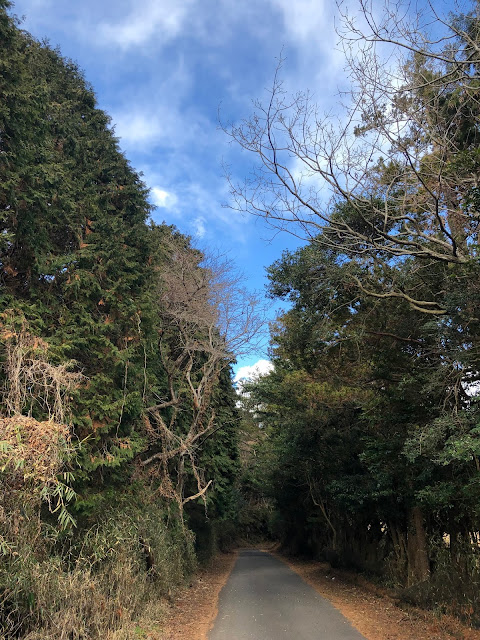Love runs
Love runs (사랑이 달리다) .. is the title of a South Korean novel which I read in the past when I lived in South Korea.
To be precise, I did not read the novel but listened to it through the car radio while driving.
Indeed, what attracted me was the voice actress's voice rather than the content of the novel (actually I still don't know what its whole plot is except for some parts of it that I listened to).
But another thing that caught my 'ears' was its title … 'run'.
Actually, the title is, in terms of Korean grammar, weird.
Love is not a thing that can run or walk or sleep in Korean language.
But I liked listening to the novel narrated by the voice actress on the radio, especially its opening part with the introduction of the title.
.
.
.
People physically run when they want to escape (run away).
And emotionally people run when they chase after something that they desire to have..
Thus, our running is basically divided into two types, running away from, or chasing after, certain things.
The two behaviours might seem very different (usually opposite) from each other.
However, the two behaviours are interconnected.
Because if we do not desire a thing, then there is no chance we need to run away.
If we do not care about our life, we do not need to run away from any threats.
Also we usually put ourselves into a certain condition that we later might want to free ourselves from, mostly because of our desires.
As I said before, I think life is basically a walk.*
But during the life I want to run sometimes and other times want to lie down.
Especially running is, in life, not an easy part.
Basically running consumes more energy than walking.
Nevertheless, we sometimes desire to run or have to run.
This is life, I think.
.
.
.
Until the mid-nineteenth century in (western) medicine, one of the interesting things that I find in medical theories is that, the conception of disease was based on a typically binary perception of vitality in our bodies.
All disease was a reflection of either excess or lack of vital force.
I think this is metaphorically connected to the concept of walking and running in our lives.
If walking is a balanced state, thus the closest form to ideal health, running and its resultant exhaustion are each the excess of, and the lack of, vital force.
Our health is, in this old medical sense, an exact reflection of our lives.
…
So, love might be the part of our lives in which we come to run.
Maybe this is the reason that I liked the title of the novel.
On a sunny July evening (at 8 pm) in the third floor of the main library of Edinburgh University
One of my favourite exhibits in the national museum of Scotland: I like the expression of the Buddha statue.
The butterfly tree and the lost child, in the central library: the building outside the window is the national library of Scotland.
A Class list book of Clinical Medicine, recorded by the medical school in Edinburgh University during 1846 - 1855 (in the special collection room of the main library of Edinburgh University)
*: The meaning of life (21 July 2017)











Comments
Post a Comment